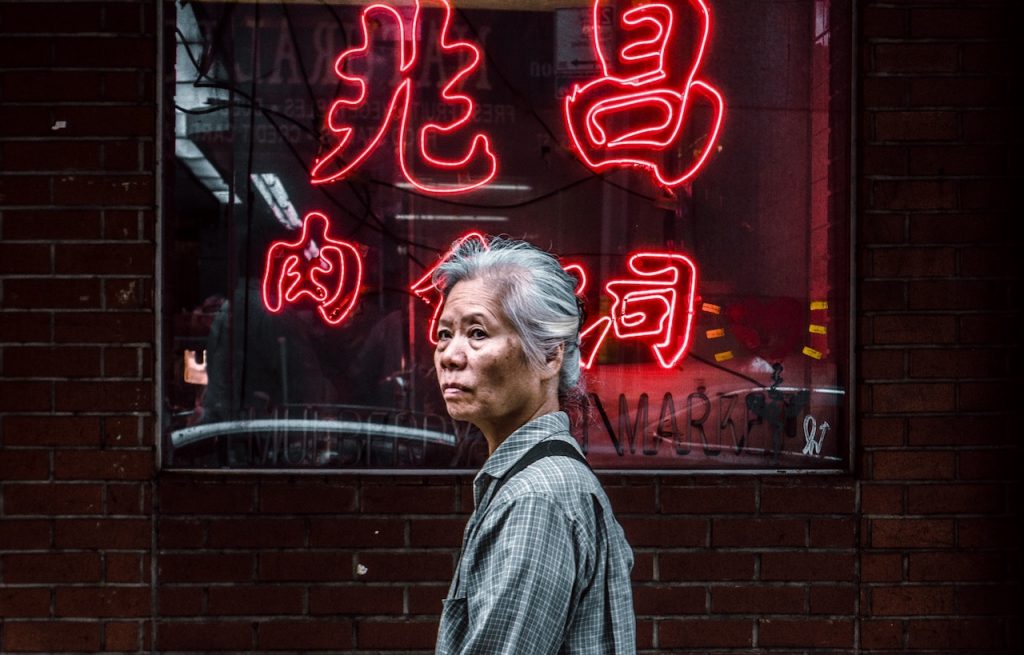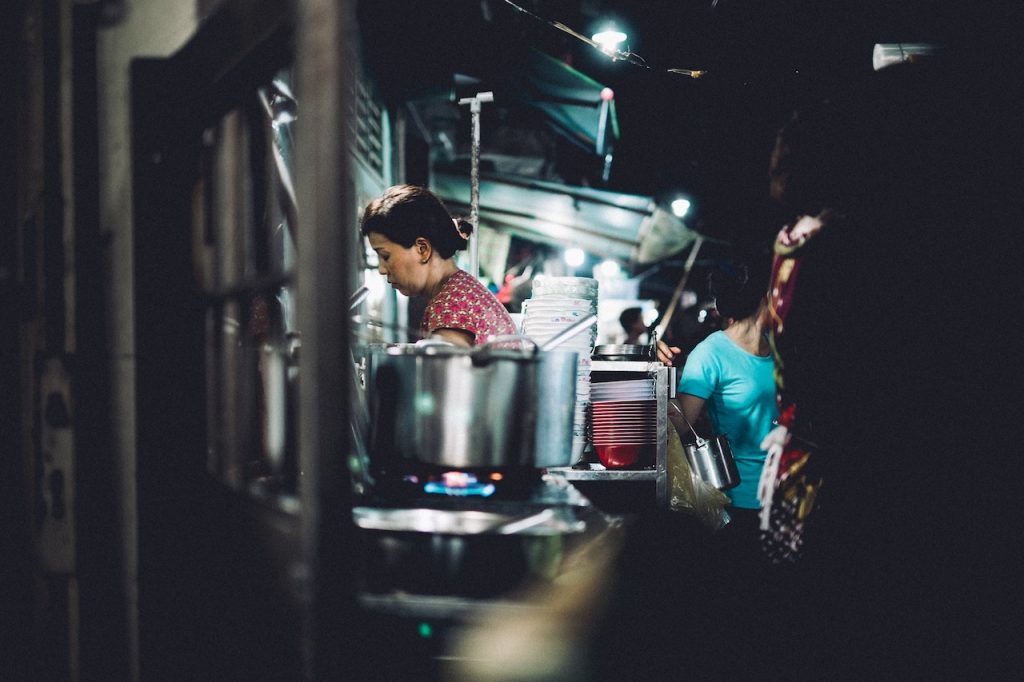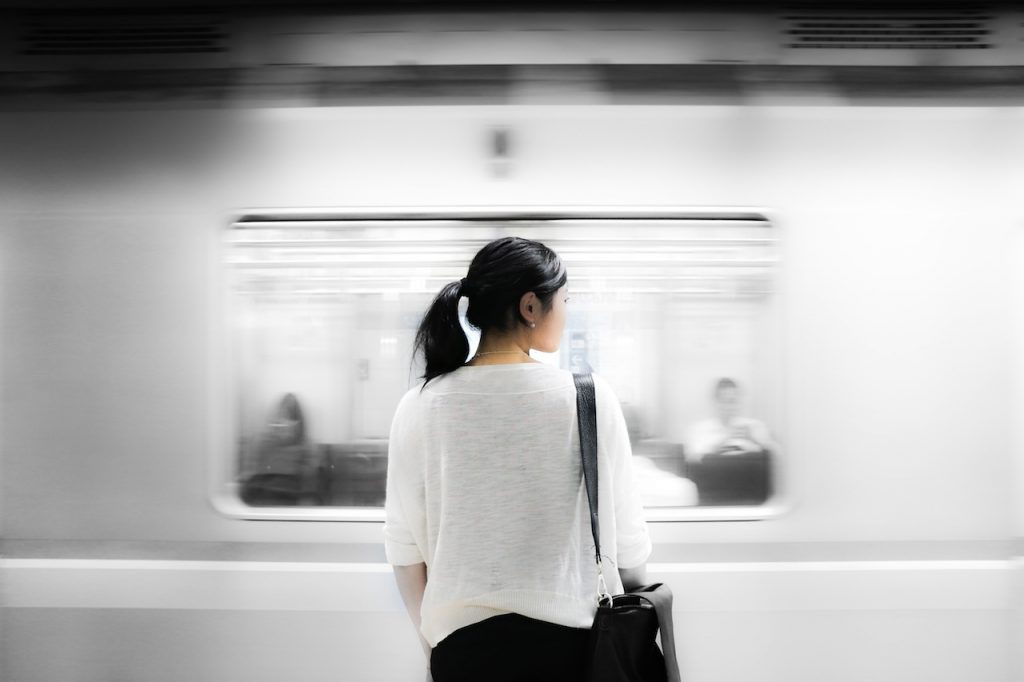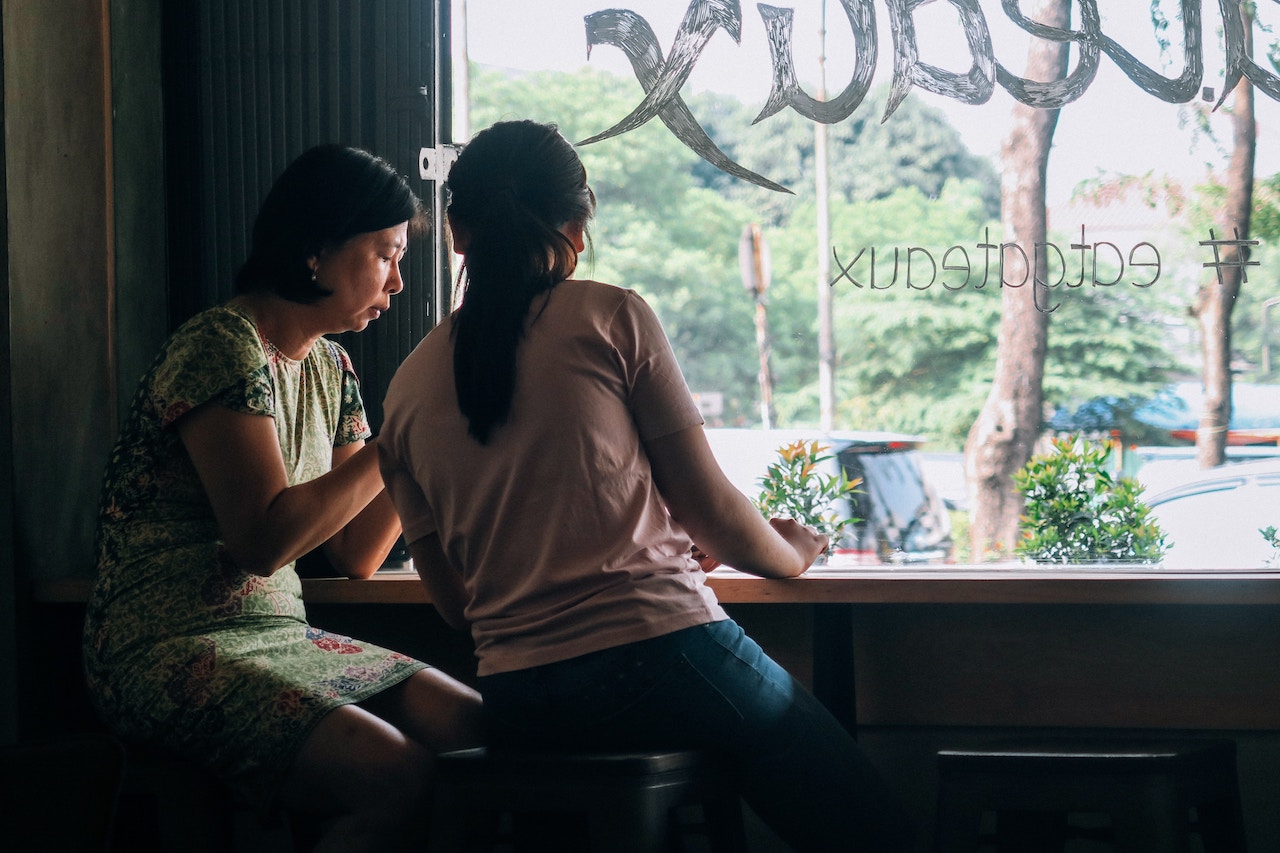I was about 15 when I was first forced to confront my personal bias against women. When a friend’s boyfriend cheated on her with another girl, I got angry at that girl. If only she didn’t exist, if only she wasn’t such a bitch, and if only she knew how to stay in her own damn lane, I thought.
Then my friend reminded me that it took two hands to clap, and that her boyfriend was equally at fault.
It was a simple statement, but I was struck by how I had been wilfully blind to something so obvious in hindsight. I felt embarrassed, yet enlightened.
It’s only as I got older that I understood that entire instance was a classic case of internalised misogyny.
Wikipedia describes this phenomenon as women “minimising the value of other women, mistrusting women, and believing gender bias in favour of men”. In general, women internalise this behaviour through constantly “hearing men demean the value and skills of women repeatedly”, and eventually they “internalise their beliefs and apply the misogynistic beliefs to themselves and other women”.
Some consequences of internalised misogyny include “psychological disorders such as depression, eating disorders, low self-esteem, and less social support among women”.
Not many women understand how this shows up in our daily actions, and even fewer are aware that this mentality exists at all.
However, internalised misogyny is nothing new.
One Buzzfeed article also describes this: from thinking another female is inept at her job because she is “too emotional” to rejecting female friendships because they’re “more bitchy”, these are seemingly innocent ways that society teaches women to treat both each other and feminine behaviour with disdain.
After our Eden Ang story was published last week, my friends and I were forced to confront the fact that several of our own mothers were victim blamers. They believed that the women involved were stupid for trusting Eden, and that what happened to them was also their fault.
At the same time, our mothers’ reactions were hardly surprising. They had grown up in a traditional society that placed greater value on men, and had always known they needed to work harder to reap the same rewards as men.
Consequently, they believe in self-empowerment, and that everyone has control of their life. They have little sympathy for victims, and in their minds, victims are ‘weak’ and court their own fate.

When I share a rough outline of the Eden Ang case, Heng Mui Tian, who is 59 and a mother of three, echoes the aforementioned perspective of our mothers.
She says, “If a woman keeps going to the man’s house and then gets into trouble, of course she is also in the wrong. There’s no need to go to his house in the first place. Women must protect ourselves, otherwise we’ll lose out.”
On the other hand, Jenny Low, 54, holds a starkly different opinion. She believes that it’s about time the #MeToo movement began.
“The movement is one of the many instances over the last century and likely this century, where women decide to do something about things they had enough of. This movement could have started much earlier, but better late than never. The women who spoke out are indeed brave. For those who were victimised by the men they accused, those men deserve it. The men’s feelings have no place or any sympathy from me.”
Jenny, who has one daughter, is refreshingly frank and open-minded. So I decide to broach the issue that plagues most young women: settling down.
“I believe every woman has a right to decide and choose. Deciding not to have children is a personal choice. No one judges a man when he decides he wants to stay single past 40 years old or does not want to have children. So why should we judge women for making the same choice?” she says.
“There are many important roles in society that a woman is capable of taking on. She does not have to be a mother.”
While some of this pressure to find a husband and have children may be self-inflicted from being bombarded by mainstream narratives about fancy weddings and ticking biological clocks, much of it is also brought upon by our parents, who are usually around Jenny’s age.

“Some women have their reasons for not wanting children. That’s fine. But if they do have children, we can’t judge them for whether they choose to stay home or continue working. Women who do the latter may just want to contribute to the family through other means besides housework. We don’t know what their financial needs are,” she says.
Along the same vein, Mui Tian believes in an idea of female empowerment that centres around independence and being able to look after oneself, as reflected in her aforementioned response that the women in the Eden Ang case shouldn’t have gone to his house. For instance, she says that being unmarried with no children is definitely a good thing, as it gives women more freedom to do whatever they want.
She adds, “If you have the capability to work, then you should work, so you can broaden your mind. If you’re married, don’t depend on your husband for money, even if he does earn a lot. It’s better to spend your own money.”
On the surface, both Sock Mey and Mui Tian’s views aren’t misogynistic. The two women come across as wholly progressive, willing to listen and engage in open conversation.
As I get them to elaborate, however, I realise that their views are still entrenched in a conventional definition of open-mindedness. To them, one type of woman (i.e. the independent one) is seemingly ‘better’ than another (i.e. the one who chooses to stick to the traditional path). And if one should fall under the latter, then they have ‘duties’ to fulfil.
Sock Mey says, “When you’re married, having children is an accepted consequence and responsibility. On the practical front, you’d also have to play your part to rejuvenate the population and economy.”
Additionally, Mui Tian doesn’t see the value in being a stay-at-home mom or housewife, even if it is a woman’s wholehearted decision. In fact, she cannot understand why anyone would make this choice.
“If you only want to stay home, you will keep thinking about what time your husband is getting home from work, how much allowance he gives you, and what to cook for meals. It’s very claustrophobic. I don’t support women who want to be stay-at-home moms or housewives,” she says.
Like Mui Tian, I too struggle with accepting and supporting women who choose not to work, and instead mainly live off their partners. I often catch myself thinking that because of their dependence on another person, they give all women a bad name. To me, self-sufficiency should be the ultimate goal, regardless of gender—yet more so for women who face a lot more pressure to be “domesticated”.
At this point, I’m aware that if I claim to truly champion women, then I should support both career women and housewives with equal fervour.
It’s just like our attitudes towards make-up. Mui Tian, who seems to advocate for the strong and independent stereotype, believes women should not go overboard with makeup. To her, a “standard amount” is acceptable, but not if it means the woman doesn’t want to leave home without a fully made up face.
But then Jenny reminds me that we shouldn’t judge women based on how much effort they put into their appearance.
“If makeup makes them feel more confident, then why not? If we judge them, we are no better than men who judge our abilities based on our looks,” she says.
Admittedly, I’ve always chalked up my disregard for beauty and fashion to my practical nature. While it might seem like I’m simply passing judgement on people who don’t lead lives that I would choose myself, a significant part of this judgement is linked to the fact that they’re women. I want to believe all women hate and want to break away from the docile and demure stereotype.

But when we say there are specific non-feminine behaviours to aspire towards, or look down on certain female-dominated industries that are ‘more frivolous’ than others, we’re simply constructing new standards that we should meet in order to be considered a ‘real’ woman.
In escaping one tiny box, we pigeonhole ourselves in another that is just as unimaginative. Then we term this ingrained form of self-hatred as “progress”. For example, we might actively try to go against the grain by seeking jobs in male-dominated industries, without realising that having new, ‘gender-centric’ definitions for how should live our lives is still restrictive.
Ultimately, a lack of self-assurance is the most destructive form of internalised misogyny.
I realised this when I witnessed what was probably the most implicit yet pervasive form of internalised misogyny that I’d always practised without realising: women are expected to remain “chill”.
When I interviewed sexual harassment and/or assault survivors, I constantly found that these women were so used to downplaying or rationalising their own experiences. They even doubted fellow women who’d been through the same thing, because they didn’t want to come across “too sensitive”.
Their behaviour resonated with me and my female friends. Seeing the survivors brush off their life-changing experiences as though they were unimportant was like observing myself; I knew the advice I would give and how to stop this toxic behaviour, but I just couldn’t.
Overcoming internalised misogyny is made more challenging when, as young women, we realise we can’t really count on our mothers, the ones we assume we can trust, to completely empathise with what we’re going through. It’s discouraging and lonely, and it would be nice if we could count on older women to adopt more open-minded and understanding perspectives.
But it would be even better if we, first and foremost, started validating and valuing ourselves.
Of course, it’s easier said than done. It is still instinctive to disbelieve, talk down to, or be biased against fellow women. Subconsciously, women have been conditioned to think that we don’t matter—at least not as much as men do. It might just take the rest of our lives to unlearn the ways that society has taught us not to prioritise ourselves.
Seeing as it’s International Women’s Day, however, I think we should try—today, tomorrow, and for as long as it takes. The next time you see a single woman over 40 who doesn’t have children, don’t feel sorry for her and don’t put her on a pedestal for being ‘empowered’. And when someone says you’re “not like other girls”, don’t accept it as a compliment.
Even though we all face the same reality of gender inequality, make no mistake, dealing with our internalised misogyny is not about making life better for other women or future generations.
It is simply what we owe to ourselves.





